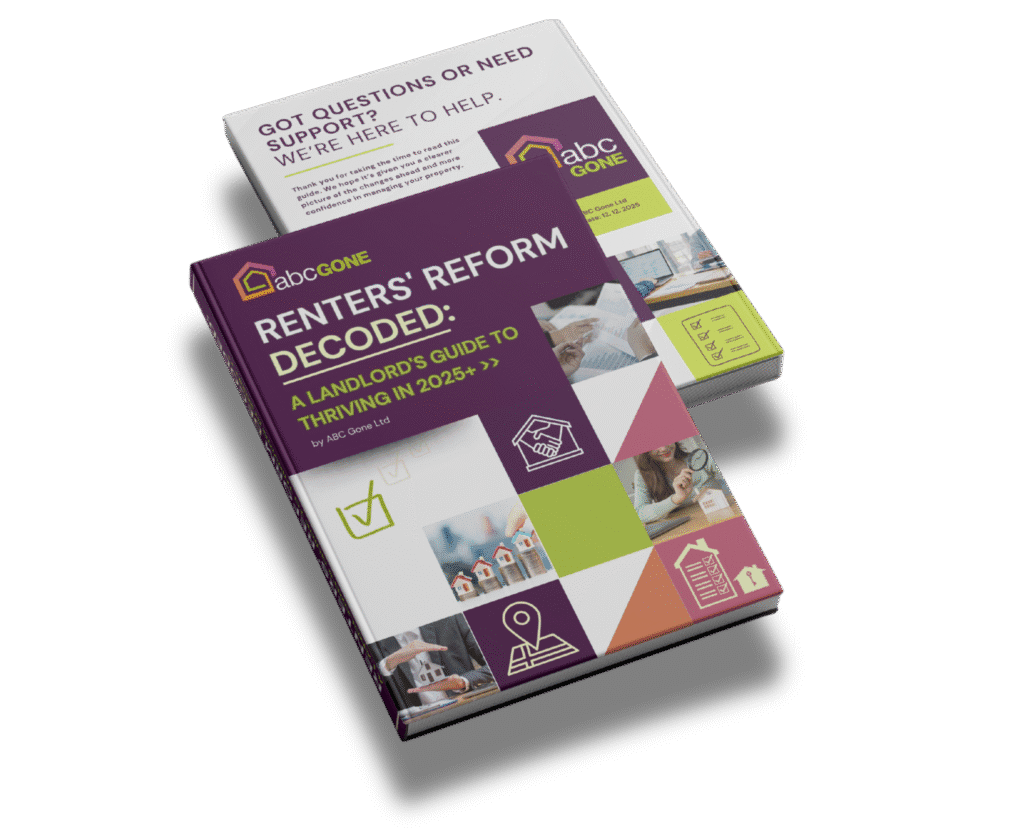For most landlords, ensuring that tenants pay their rent on time is THE number one concern. As cost-of-living pressures continue to bite, a recent YouGov poll saw as many as 40% of London tenants admitting they may struggle to meet the monthly rent – so you are right to be wary.
How and when you collect rent from tenants can have bearing of whether you receive you monthly rental income on time. As letting agents with years of experience of helping landlords in the Romford, Hornchurch, Dagenham, Rainham, Upminster and Harold Wood, areas of east London and Essex, we are used to offering advice about the best way to collect rent from tenants and what to do when things don’t go to plan.
While most landlords collect rent in advance and by standing order, this doesn’t always have to be the case. We look at your options when it comes to the best way to collect rent from tenants and discuss the things you need to think about.
When does the rent need to be paid?
For most UK landlords the question of whether rent is paid in advance or arrears is a simple one. To put you in the best position for avoiding arrears, it is usual to have rent paid in advance at the start of the month – so April’s rent is paid on 1 April etc. Alternatively, some landlords choose to take payment on the date the tenant moves in then on this day of each month going forward. Payment in advance is preferred by landlords, however, it must be stipulated in the tenancy agreement, which is signed by the tenant. If it isn’t set out in this way, the tenant is entitled to pay in arrears – ie at the end of each month.
What are the different ways of collecting rent from tenants?
Standing order
In spite of changing technology, standing orders are still the go-to rent collection method adopted by the majority of UK landlords. Safe and reliable, standing orders are deducted by your tenant’s bank each month. There’s no cost to you and you can check the payments have been made using your internet banking app. You need to make sure your tenant sets up their direct debit in plenty of time, so the first rental payment is made.
Like a standing order, a direct debit has the advantage dropping the monthly rent right into your account at the right time, but the two methods aren’t the same. A standing order means a set monthly amount will be paid by your tenant’s bank. A direct debit is a mandate from the tenant, allowing you to collect a monthly amount, which can vary. This means direct debits are good where variable bills are included in the rent. The drawback is they are more complex to create, meaning you may need to use a rent collection agency for the initial set up, at a cost.
Online or through a payment app
The popularity of modern digital rent collection solutions is growing with many apps and payment portals available. These methods are often popular with tenants from a younger demographic. Tenants, who are used to doing more of their everyday transactions via an app, may find these methods help them keep on top of rental payments. The downside is that they tend to involve extra costs for you.
Cheques and cash
Cheques are rarely used these days in the UK and mean added hassle for you – they need to be banked and you need to wait for them to clear. We would be wary of any tenant looking to pay in this way. Similarly, cash has pretty much died out as a rental payment method. It is insecure and doesn’t leave a paper trail for your records.
Should I use a letting agent or rent collection service?
Most letting agents will offer rent collection as one of their services for landlords. If you want to save time and minimise contact with your tenants, this is worth considering. The agent will also follow up late payments on your behalf. You will need to pay commission for these services, but it will cut your workload and may ensure you receive your rent on time. If you aren’t using a letting agent to manage your property, you can outsource rent collection alone to a dedicated company. You could also consider a guaranteed rent scheme which ensure you receive an agreed monthly income regardless of whether your tenant pays their rent.
What if my tenant didn’t pay last month’s rent?
Firstly, make sure you know about arrears at an early stage by keeping clear records and setting up alerts for missed payments. Don’t be heavy handed, check in with your tenant quickly to find out whether it’s an error or a deeper problem and talk about solutions.
How do I collect unpaid rent?
If you are managing rent collection yourself, there is a formal route you need to take to make sure your tenant pays what they owe or to begin eviction proceedings if you need to. Read more on the government website or in our blog about what to do if a tenant doesn’t pay.
If you’re a landlord in Romford, Hornchurch, Dagenham, Rainham, Upminster or Harold Wood, and you’re concerned about the best wa





